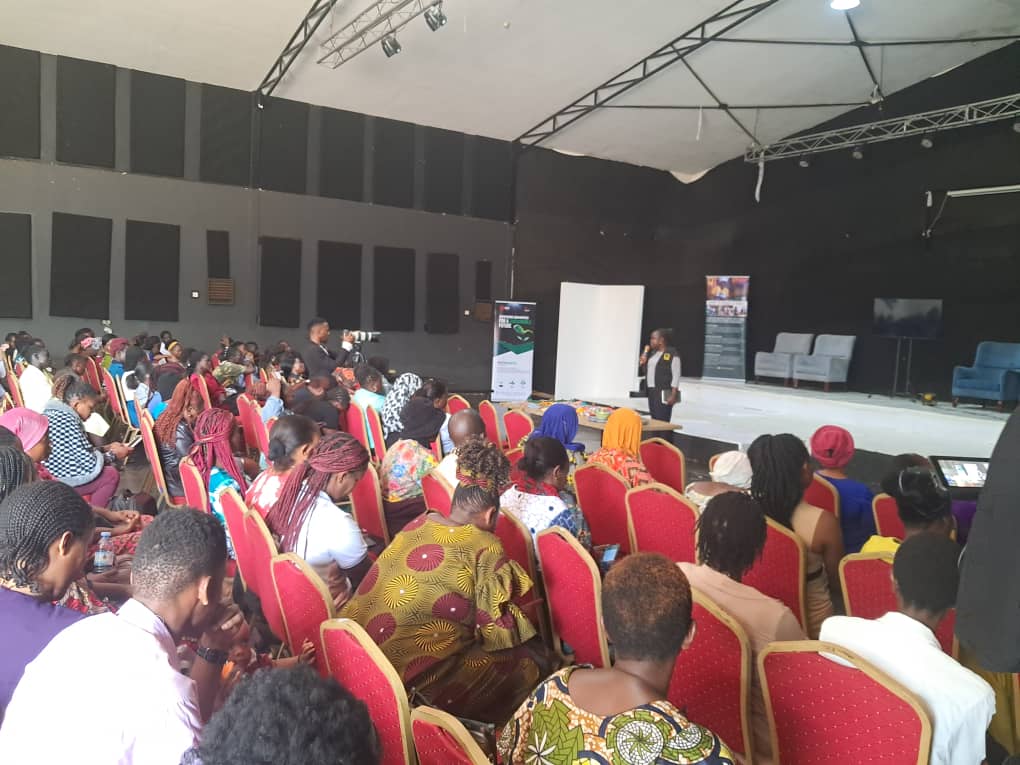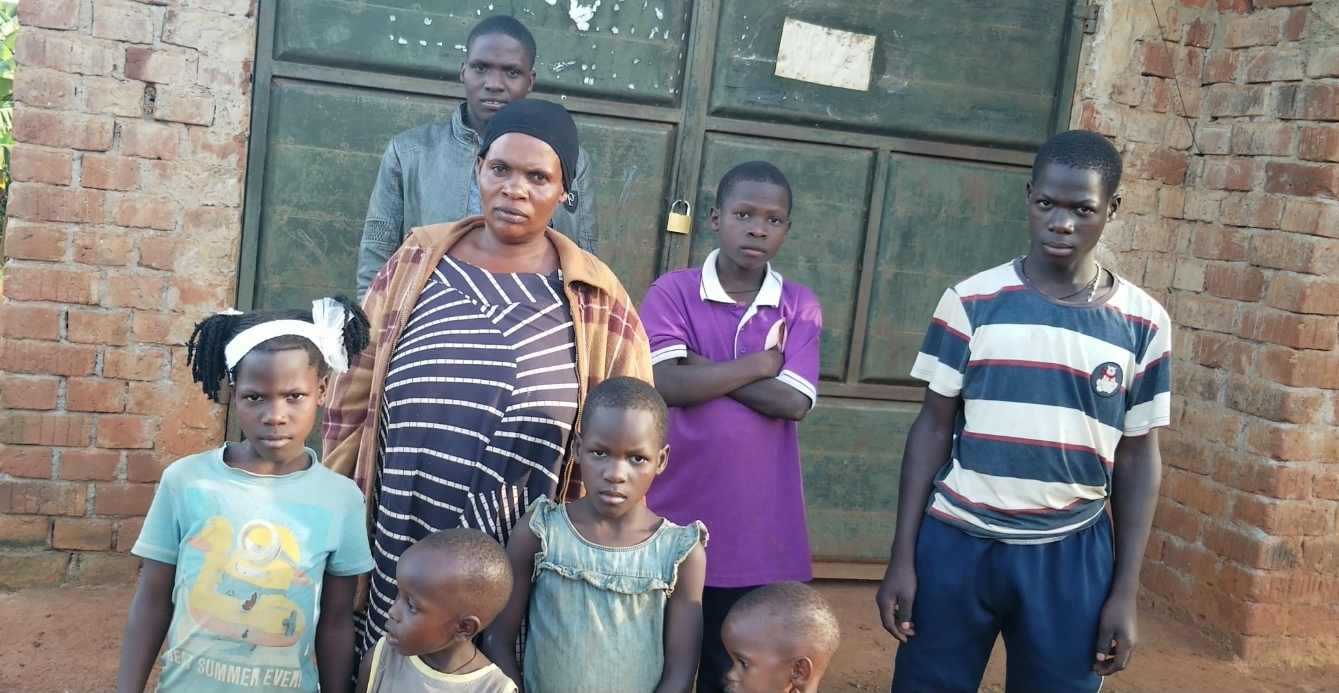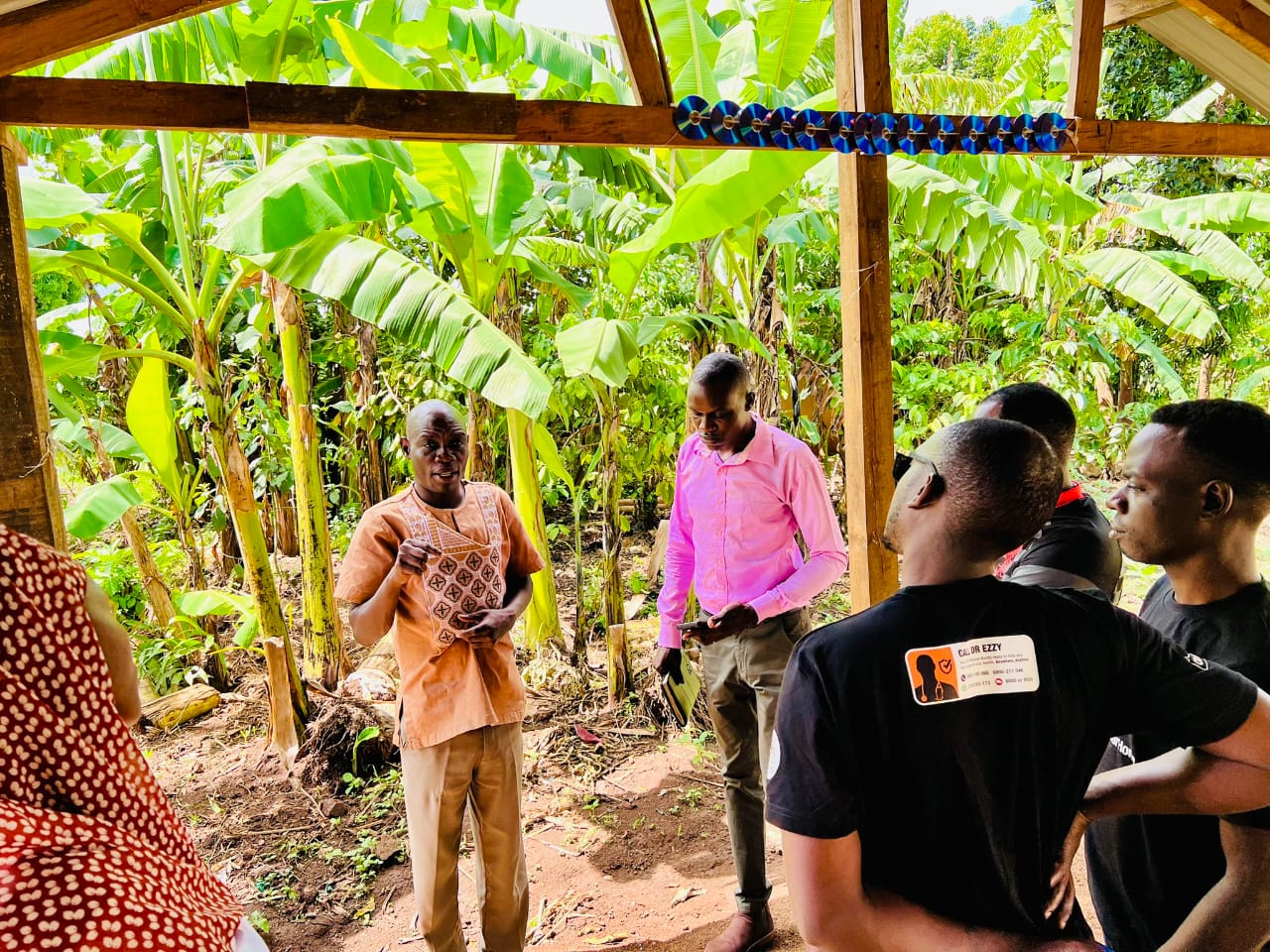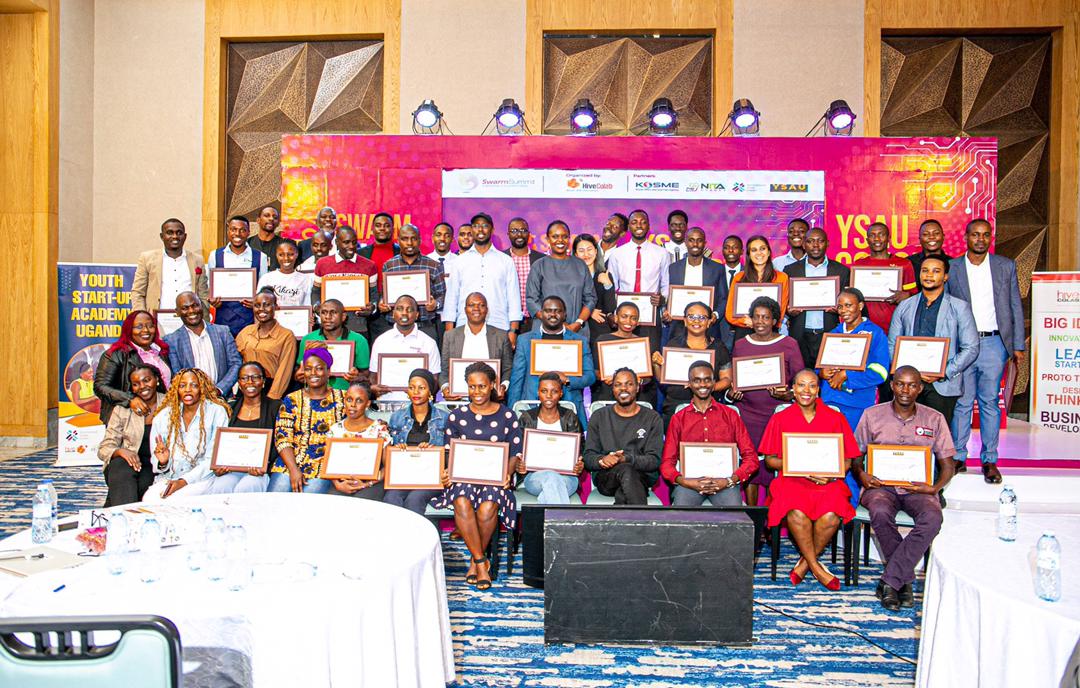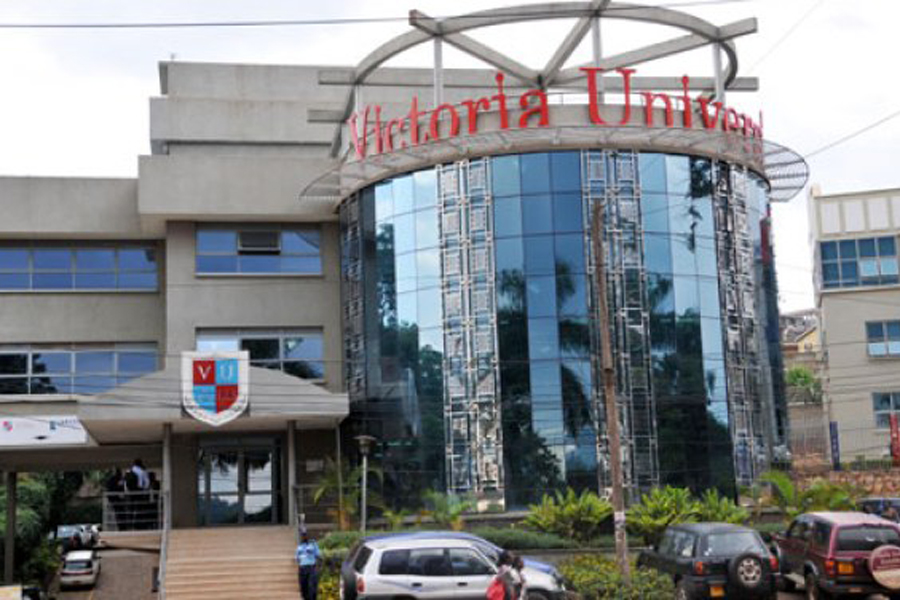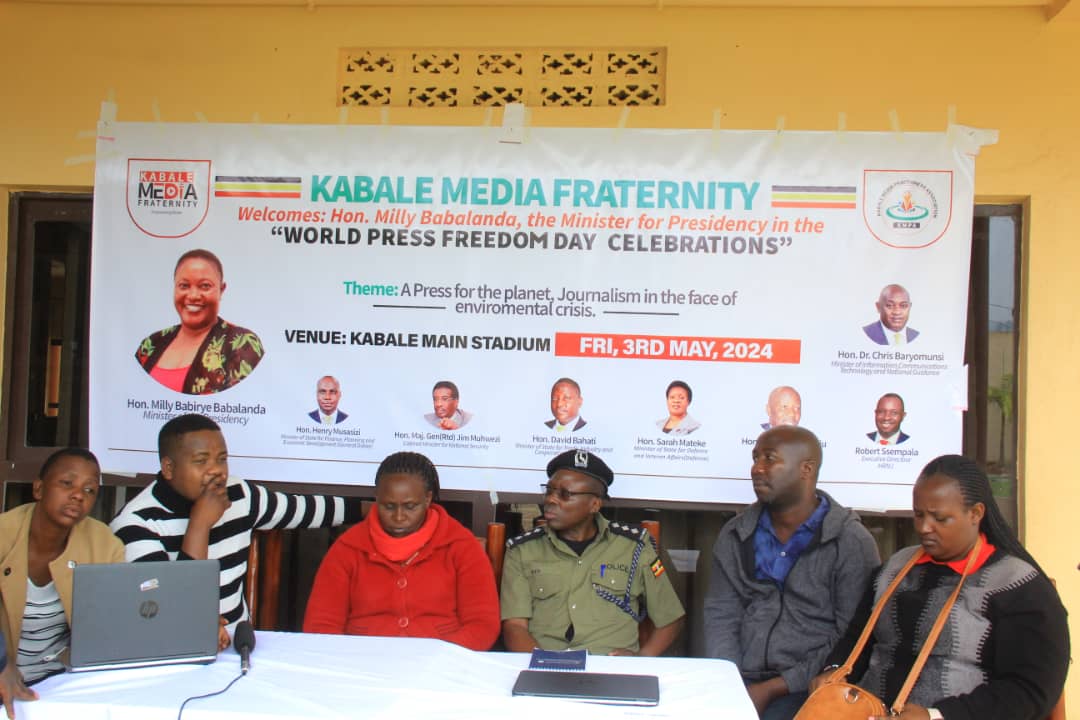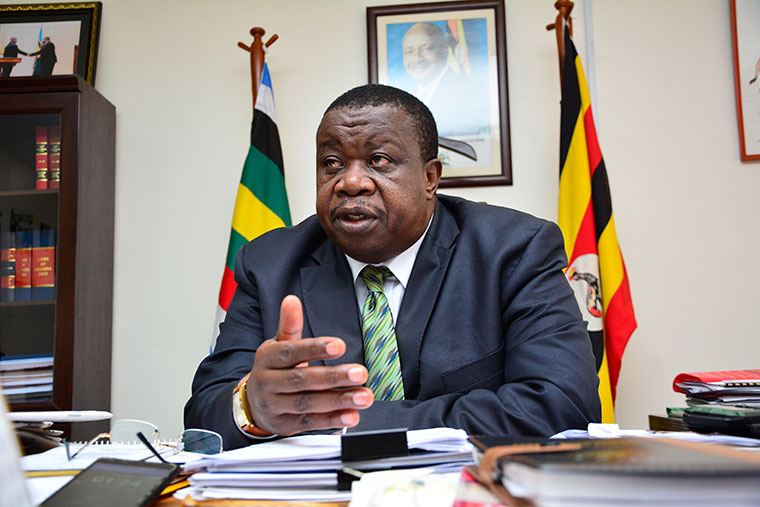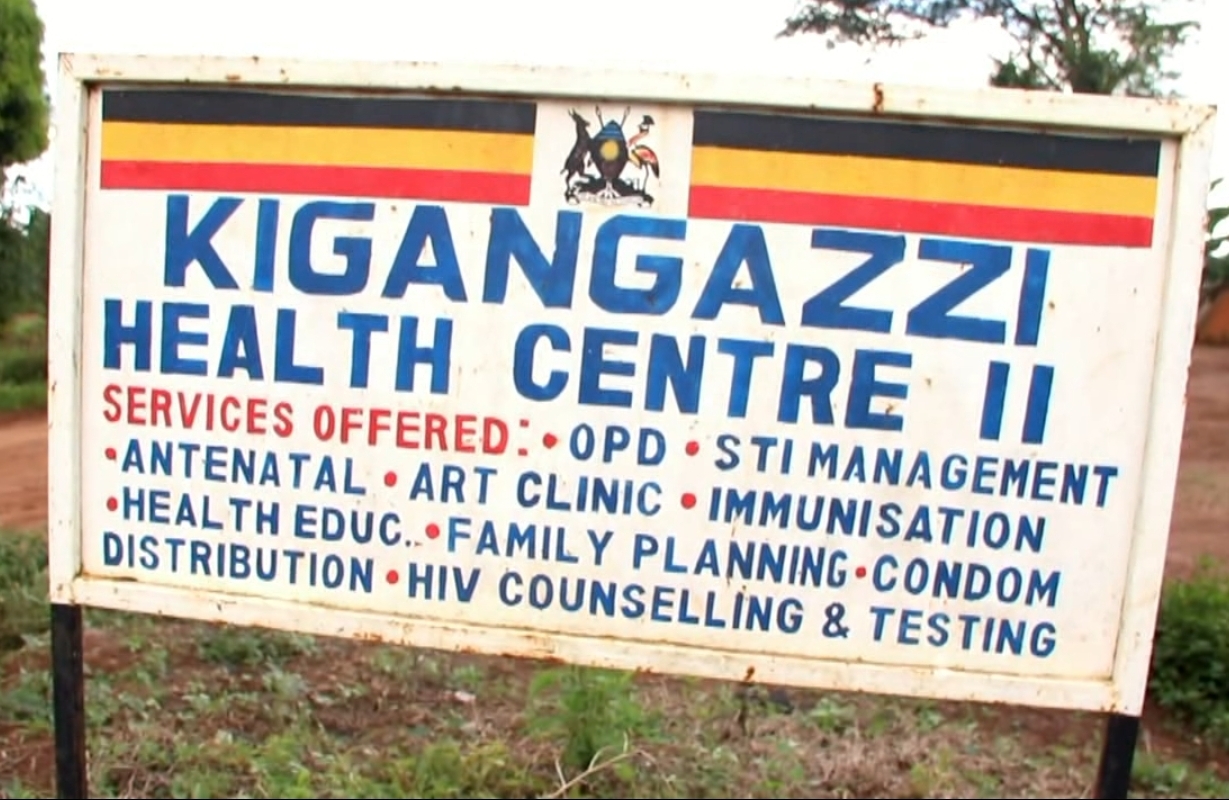Uganda's Rural Water Crisis: Struggles Persist Despite Efforts
In the idyllic landscapes of rural Uganda, a silent crisis continues to unfold as communities grapple with the challenge of accessing clean and safe water. Despite concerted efforts by the government, non-profit organizations, and international partners to expand access to water infrastructure, many rural areas remain underserved, leaving millions of Ugandans vulnerable to waterborne diseases, poverty, and inequality.
At the heart of Uganda's rural water crisis lies a complex web of challenges that hinder the delivery of clean and safe water to remote and marginalized communities. Geographic barriers, including rugged terrain, dense forests, and long distances to water sources, pose logistical challenges that make it difficult and costly to extend water infrastructure to rural areas. Moreover, limited access to financing, inadequate technical capacity, and competing development priorities further complicate efforts to address the water needs of rural communities.
Keep Reading
One of the most pressing challenges facing rural communities in Uganda is the lack of reliable and sustainable water sources, with many relying on unprotected springs, rivers, and shallow wells that are vulnerable to contamination from human and animal waste. As a result, waterborne diseases such as cholera, typhoid, and diarrhoea remain pervasive, particularly among children and vulnerable populations, exacerbating health disparities and perpetuating cycles of poverty and underdevelopment.
Moreover, the burden of collecting water falls disproportionately on women and girls, who spend hours each day trekking long distances to fetch water from distant sources, often at the expense of education, livelihoods, and personal safety. The time and energy spent on water collection detract from opportunities for education, economic empowerment, and community participation, perpetuating gender inequalities and hindering progress towards gender equality and women's empowerment.
In addition to health and gender disparities, Uganda's rural water crisis also has broader implications for sustainable development, environmental conservation, and social cohesion. Inadequate access to clean water undermines efforts to improve agricultural productivity, food security, and livelihoods in rural communities, limiting opportunities for economic growth and poverty reduction. Moreover, water scarcity exacerbates conflicts over water resources, exacerbating tensions between communities and threatening social stability and cohesion.
Despite these challenges, efforts to address Uganda's rural water crisis are underway, with stakeholders across sectors working together to implement innovative solutions and overcome barriers to access. The government has prioritized investments in water infrastructure and sanitation through initiatives such as the National Development Plan and the Water and Environment Sector Strategic Plan, which aim to expand access to clean water and improve sanitation services for rural communities.
Moreover, non-profit organizations, international donors, and community-based initiatives are playing a crucial role in complementing government efforts and filling gaps in service delivery through projects focused on water supply, sanitation, hygiene promotion, and community empowerment. By engaging local communities, building capacity, and promoting sustainable management practices, these initiatives are helping to build resilience, foster self-reliance, and improve the quality of life for millions of Ugandans living in rural areas.
However, the road to universal access to clean water in rural Uganda remains long and challenging, requiring sustained commitment, investment, and collaboration from all stakeholders. By prioritizing water and sanitation in national development agendas, strengthening governance and institutional capacity, and mobilizing resources to reach the most marginalized communities, Uganda can realize its vision of a future where all its citizens have access to clean and safe water, unlocking opportunities for health, prosperity, and sustainable development.




